
In 1888, two men from Calcutta (now Kolkata) set off for Demerara in British Guiana (now Guyana) but ended up in a freezing Leith sailors’ mission. If ever you think you’ve had the journey from Hell, these guys probably have you beat.
Unfortunately, we don’t know the names of the two men involved here, but unsurprisingly we do know the names of all the (white) people who helped them.
In May 1888, two Bengali men– “a trader and his servant”– boarded a ship in Calcutta bound for Liverpool, where the were to take a transatlantic steamer to Demerara. The trader had family in the West Indies and was emigrating out there to join them.


The passage from Calcutta by sail took them three months. By the time they docked in Liverpool, they’d missed the steamer. They had no English and lost their travel papers and nobody would find a Bangla speaker to help. The harbourmaster put them on a train to London…(it’s not clear why).
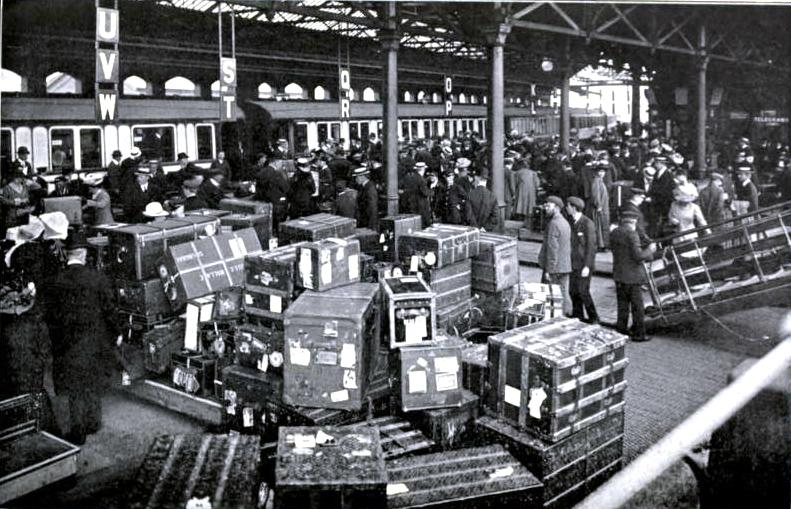
In London, nobody knew what to do but saw their baggage had an address on it followed by “DM”. Some bright spark decided that DM meant Denmark! and “helped” the pair buy tickets for the “Boat Express”–a train to Harwich and a paddle steamer to Esbjerg (via Rotterdam)
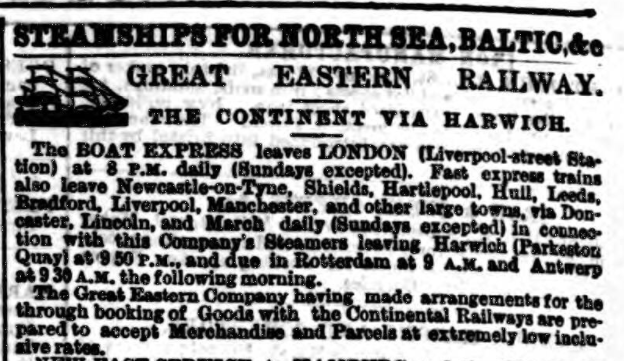
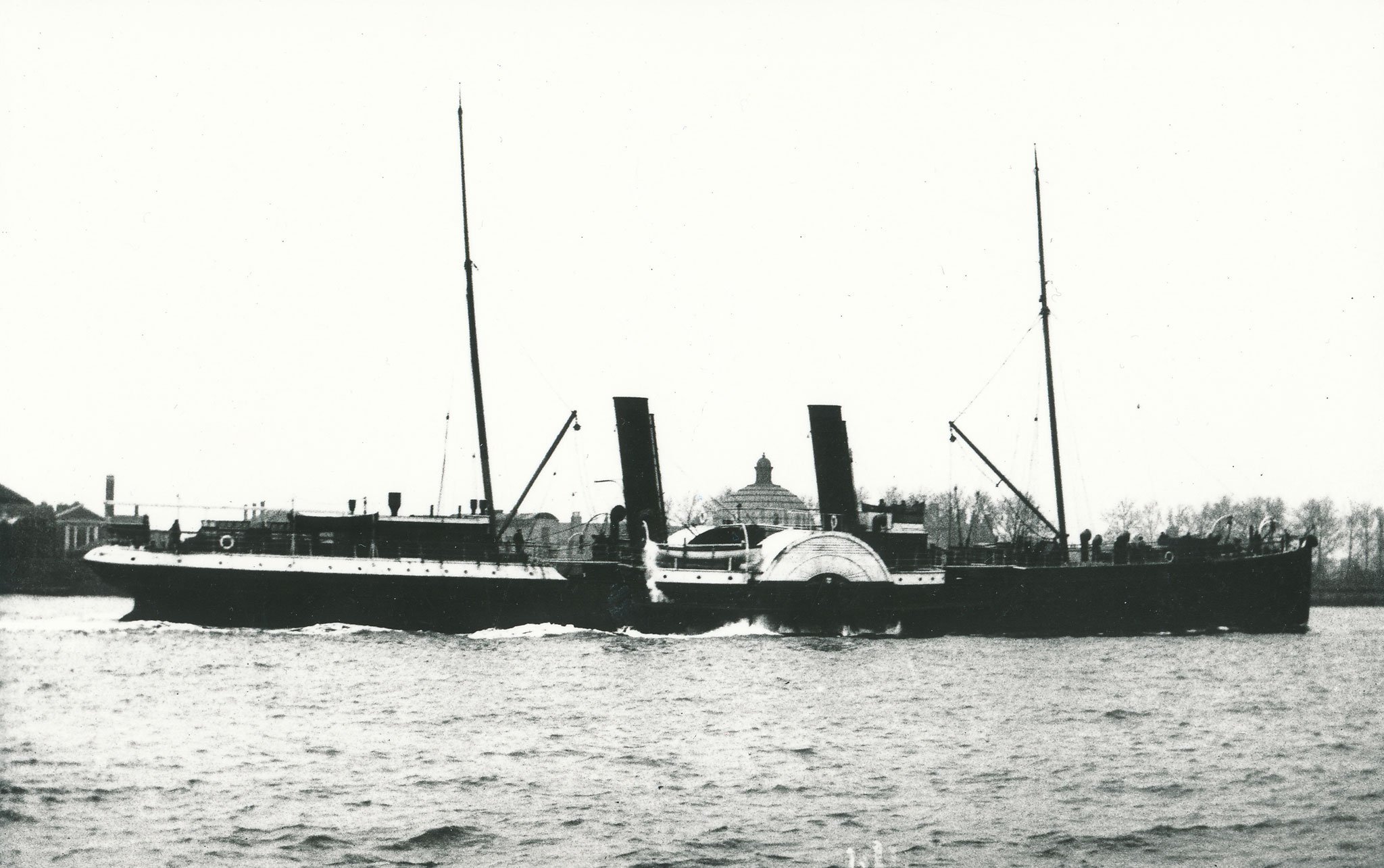
The pair arrived in Esbjerg near penniless, were arrested by Danish police, and taken to Copenhagen. Here a “Mrs. Severin” who’d spent time in India and had limited Bangla tried to help. As “subjects of the Empire” she appealed on their behalf to the British Consulate.
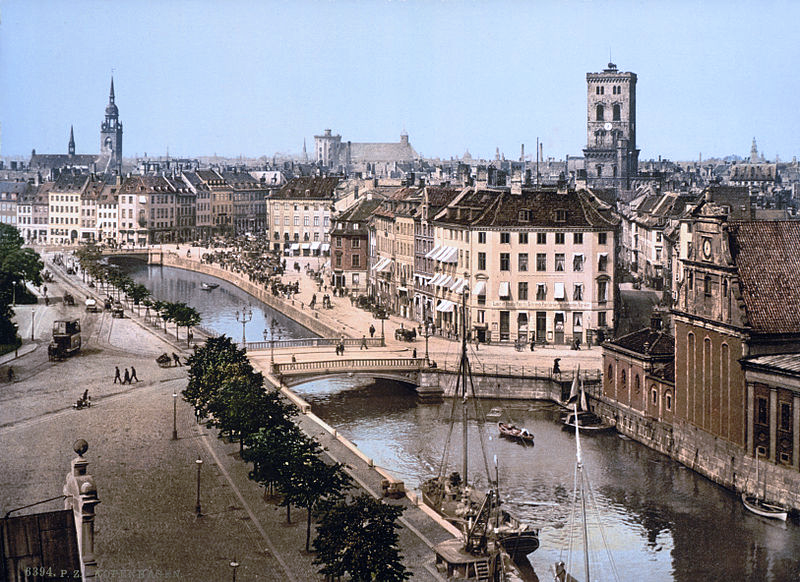
They refused to help but would return them to Calcutta (and charge them for it). For 3 months, the pair made money by selling the goods brought with them from India and Severin put them on the SS Thorsa bound for Leith. It was now late November…
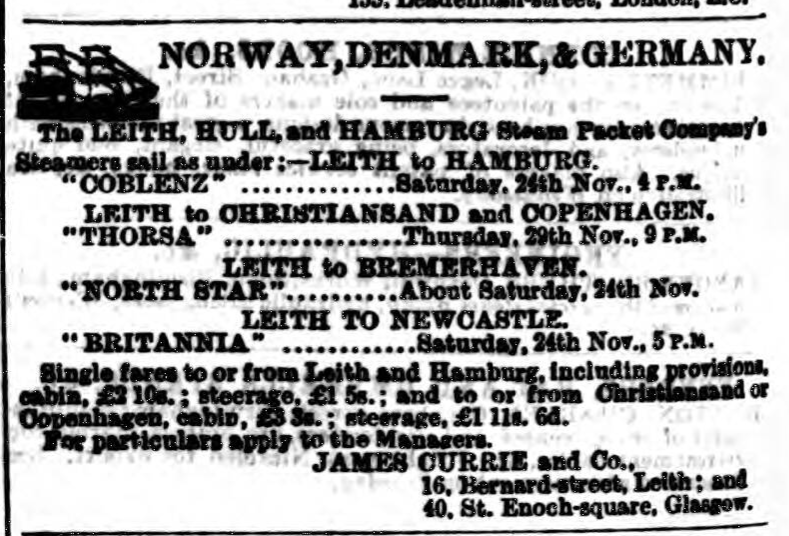
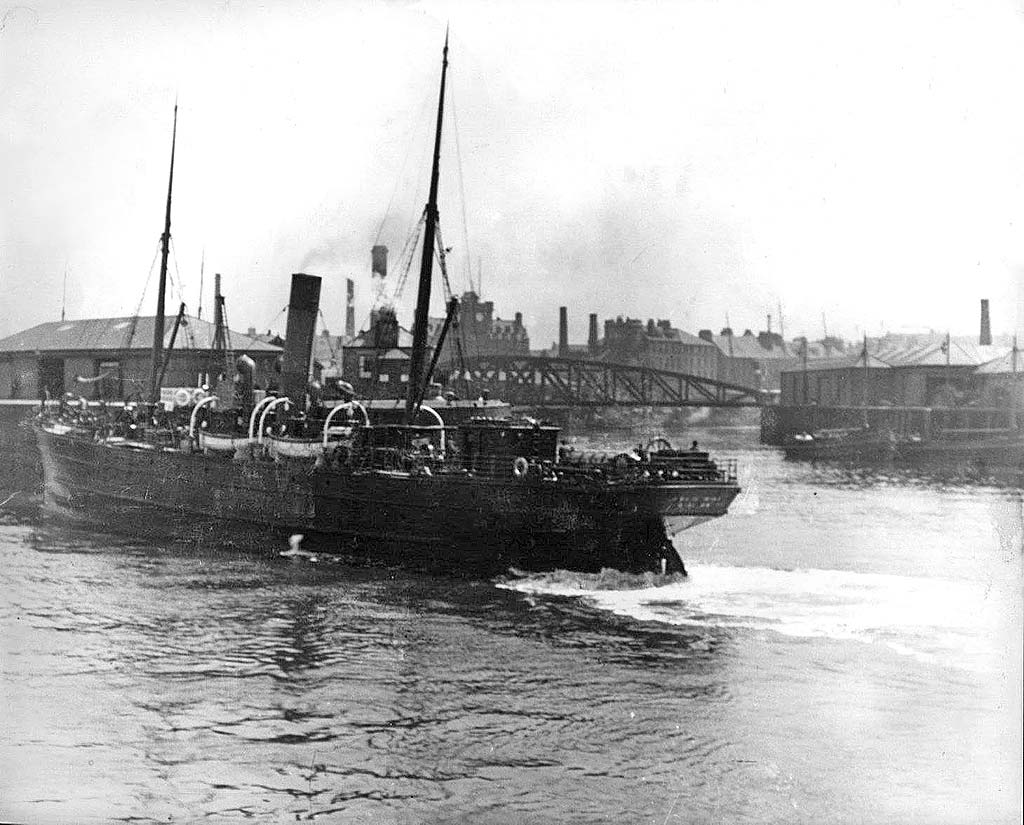
The Thorsa arrived (via Kristiansand, Norway) on 26th November 1888, about *6 months* after the pair left Calcutta. They had a letter from Severin to a retired Raj colonel, called Buist. They got rooms at the Sailors Home, Buist was sent for.
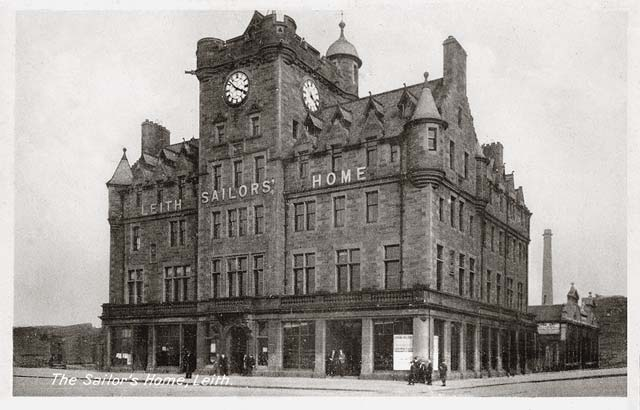
As luck would have it, Buist knew Bangla and was able to find a man from Calcutta in Leith. Between them they worked out a plan to get the pair to Demerara. Their luggage was clearly relabeled “DEMERARA” in English and Bangla…
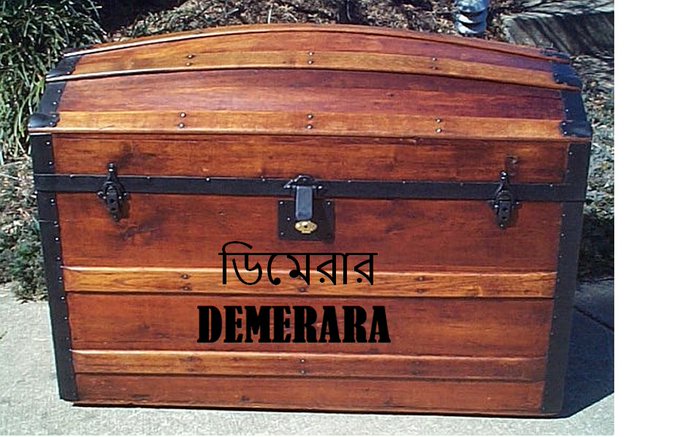
10 days later the two men and the manager of the Sailors Home took the train to Glasgow and met the SS Cipero bound for Demerara. The Cipero, a slow cargo freighter, took 20 days to reach Trinidad before finally arriving in Demerara on January 2nd, 1889.
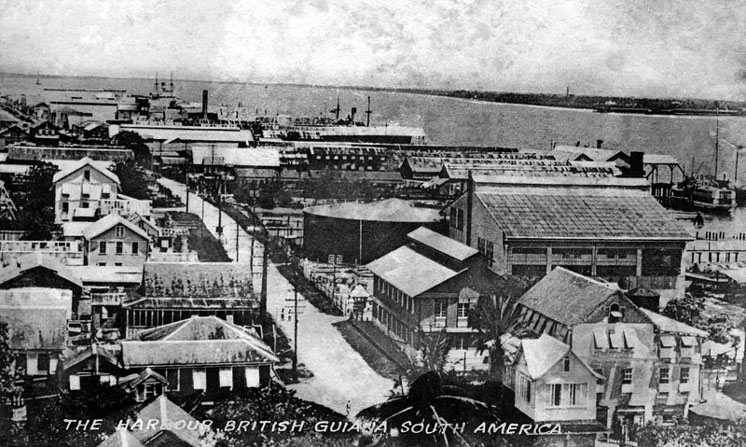
For a sense of how comfortable this journey might’ve been, here is a list of everything the Cipero hauled to the West Indies on that trip.
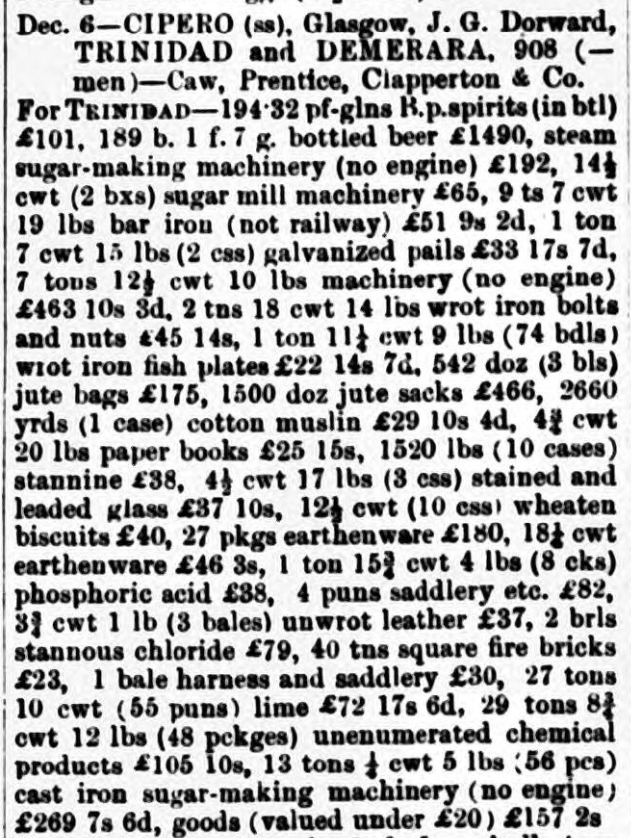
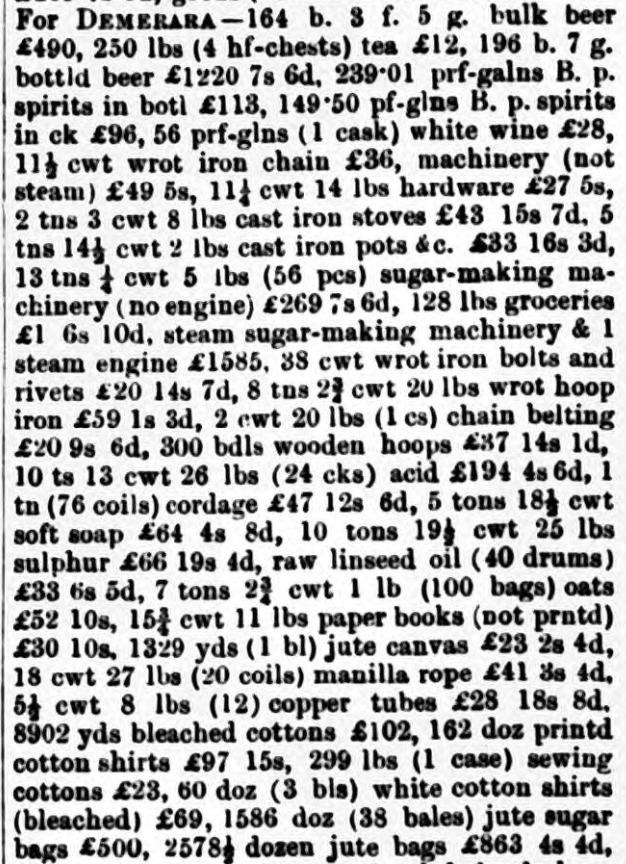
In reality though, it was likely more comfortable for them than for most Indians headed for British Guiana. After the abolition of slavery, plantation owners looked to the Empire for labour to exploit. In 1889 ~90,000 East Indians lived and worked in British Guiana.
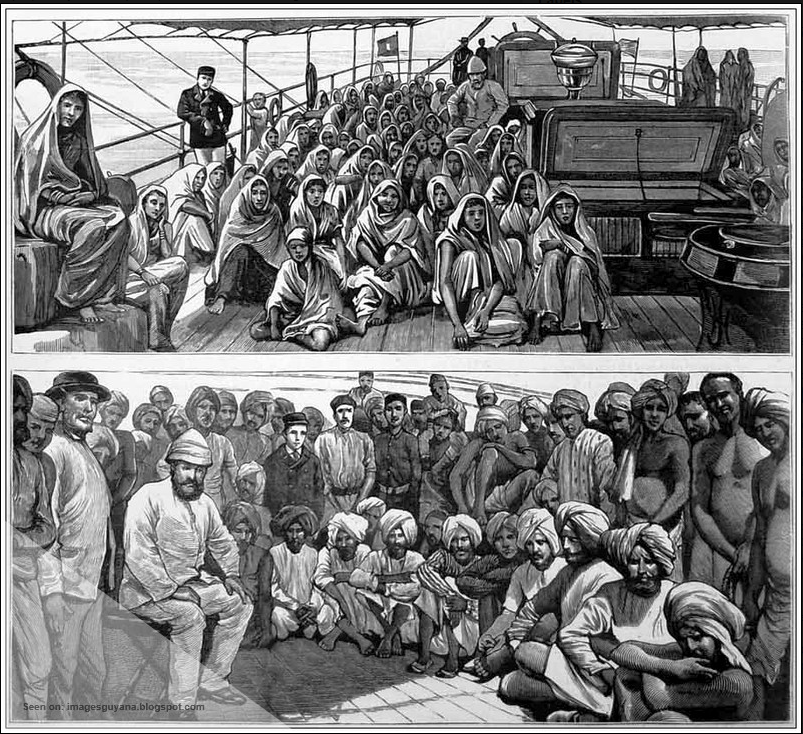
That’s all I could find about the pair while tracing their journey (and most of it was about the people that helped them…). If anyone knows anything else (or where to look) let me know!
References
Dundee Courier. November 28th 1888. pg. 3
Leith Burghs Pilot.
-December 1st 1888 pg. 5
-December 8th 1888. pg. 8
Aberdeen Press and Journal. December 7th 1888. pg. 4
Dundee Evening Telegraph. November 28th 1888. pg. 3
Edinburgh Evening News. December 6th 1888. pg. 3
Lloyd’s List. November 27th 1888
